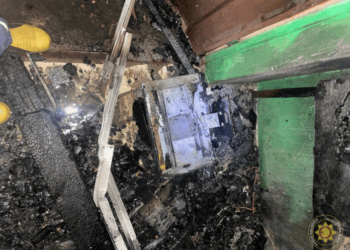Industrial and quality experts from member countries of the Economic Community of West African States (ECOWAS) are meeting in Accra to develop a strategy for the establishment of a database and information system for the industrial sector in the sub-region.
At the end of the five-day meeting, the participants are expected to present to national experts and ministers of industry of member countries, a programme for the industrial sector.
Addressing the opening session, Ghana’s Minister of Trade and Industry, Mr Ekwow Spio-Garbrah, underscored the need for the establishment of appropriate industry-related policy, institutional and regulatory frameworks at both national and regional levels, since they were vital to the development of the sub-region.
Mr Spio-Garbrah said there was therefore the need for West African states to harmonise common standards for their products, since the ability to meet international standards and norms was a key element of global competitiveness.
“A situation where each member state has its own standard does not foster trade and integration among members. A West African standards authority is worth considering and pursuing,” he said.
Mr Spio-Garbrah said capacity building in standardisation must be aimed not only at improving the quality and enhancement of Africa’s success to the markets of developed countries, but also at preventing the influx of substandard and injurious products into the sub-regional market.
The minister said as the world began to recover from the economic downturn, ECOWAS member states should prepare to move their economies to a higher level through industrialisation.
Mr Spio-Garbrah said the meeting should, therefore, provide the perfect opportunity for ECOWAS to chart a future development agenda within the framework of industrialisation.
For his part, the ECOWAS Commissioner for Trade and Private Sector Promotion, Mr Kalilou Traore, said in the course of the implementation of the West African common industrial policy, it was realised that the region lacked industrial database required for planning and decision making.
Meanwhile, Mr Traore said each country had been implementing its own national industrial development policy with limited collaboration at the regional level.
That approach, he said, was a setback to the realisation of the objectives of industrialisation in the sub-region.
He said to address the situation, the West Africa Common Industrial Policy (WACIP) was adopted at the 38th Ordinary Session of Authority of Heads of State and Government in July 2010, with the specific objective to ensure the industrialisation of West Africa.
Mr Traore said one of the priority programmes of the WACIP was the establishment of an efficient and internationally recognised quality infrastructure, which would be critical in facilitating trade in the region.
































